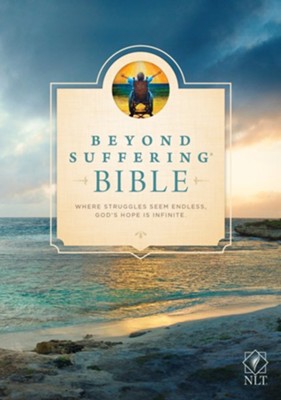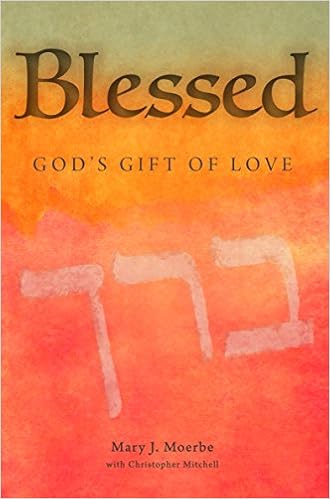Full. Asheritah Ciuciu. 2017. Moody. 256 pages. [Source: Review copy]
First sentence: For a brief moment, I was convinced some desperate sugar-binging alien had possessed me.
Premise/plot: Full: Food, Jesus, and the Battle for Satisfaction is a book primarily for Christian women about food fixation. The main idea of the book is that you "can't solve a spiritual problem with a physical solution." Most people don't consider their struggles with food and weight (and body image) to be SPIRITUAL in nature. She writes, "At the core, our problem is not really what we eat. It's why we seek fullness in something that will never satisfy." She continues, "Food cannot fix anything--God is the only one who can satisfy us because He created us to find our satisfaction in Him."
What is food fixation? She defines it as the "inordinate preoccupation with thoughts and longings for food." I was happy to see that she doesn't further limit it to obese people obsessed with eating and craving food. That she does in fact include the other extreme: non-obese people who may outwardly appear to not have "food issues" but inwardly struggle just as much.
The book is practical and personal. She shares her own story--her own journey--in addition to sharing the stories of other women. The focus isn't on diet plans and food diaries. The focus is on how to do spiritual battle against Satan who is using LIES to keep you from finding satisfaction and fullness in Jesus. That being said, it assumes that readers will after putting on the armor of God subsequently change their eating habits and obtain some degree of physical victory as well.
My thoughts: While reading this I realized I'd become someone from my nightmares: a non-obese person who talks and complains about food and weight all the time. I've spent decades of my life HATING people like that. You know, the ones who talk about how horrible they look and how they really, desperately need to lose five or ten pounds. I always hated such talk because, let's face it, if you need to lose fifty plus pounds--or hundred plus pounds--the person who is always, always on a diet for those "last ten pounds" is ANNOYING. You can't help thinking, "Even if I lost a hundred pounds, you'd still be thinner than me." When did I become that person? How can I stop being that person? When did my food fixation switch from one extreme to another? When did my fixation on HEALTH and exercise become so out of control? And why didn't I realize it as it was happening?
I agreed with some of what she writes. I disagreed with a few things here and there. I do not think, for example, that obesity is solely a spiritual issue. I do not think people are obese solely because they've set up food as their idols. I think there are dozens--if not hundreds--of factors as to why people are overweight.
I think AWARENESS is big. I think people need to be more aware of how they're talking to themselves, of the lies they keep on repeat. I think people need to be more aware of why they are eating, of why they are eating what they are eating. I think people need to be more aware of their emotions. Because I think for me--and for a lot of people--you can eat so you don't feel. Eating to numb emotions that you just want to avoid for whatever reason. I think people need to be more knowledgeable about science and nutrition and how their bodies work and what their bodies need.
One of my favorite lines from a Caedmon's Call song goes, "I don't know if it's the devil or if it's just something I ate." And that is probably one of the truest lines ever. Those who know me know that I talk about BUGGIES all the time. I think it is absolutely CRUCIAL to take care of your gut microbes. There are good microbes and bad microbes. There are microbes that literally make you crave sugar and carbs. Your microbes determine--in a way--if you crave vegetables or doughnuts. And once you've eliminated the bad guys--starved them out, if you will, you might be surprised at how quickly and how permanently your cravings disappear. So I think there is a physical aspect that still needs to be considered. Your gut--in addition to sending messages about what to eat or how often to eat--also contribute to anxiety and depression, etc. So by eliminating most--if not all--sugar and gluten--you may completely wipe out your cravings for processed food and other junk. I think that's more the way to go--personally speaking--than relying on the Holy Spirit to whisper when you've had enough food. (Nothing against the Holy Spirit, I promise. It's just that trying to discern the Spirit's voice from your own inner critic and your own toxic lies about food and body image would be really, really tricky.)
I do think that starting the journey from a spiritual point is great advice. I do think it is better or smarter than just sending someone to the diet section of a bookstore or library. (I am anti-diet, by the way. I am all about healthy, balanced eating.)
© Becky Laney of
Operation Actually Read Bible















